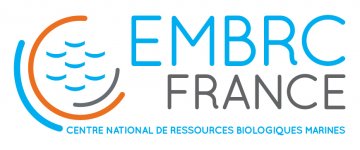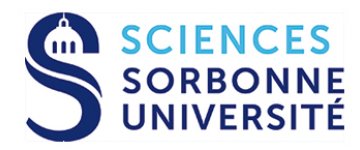Metagenomics and functional genomics of bacterial symbionts of Spongia
Sponges are early-branched, filter-feeding metazoans that usually harbor complex microbial communities comprised of diverse “uncultivable” symbiotic bacteria.
Elham Karimi
Sponges are early-branched, filter-feeding metazoans that usually harbor complex microbial communities comprised of diverse “uncultivable” symbiotic bacteria. In this thesis, the functional and taxonomic features of the marine sponge microbiome are determined, using Spongia officinalis as model host organism. Emphasis is given to adaptive and functional traits of the profuse and biotechnologically-relevant alphaproteobacterial symbionts of sponges. A metagenomics-centred approach was employed to reveal microbial taxa and genomic signatures enriched in the Spongia officinalis endosymbiotic consortium, and thus likely to play pivotal roles in holobiont functioning. Further, a comparative genomics study is presented unveiling the common and specific traits of ten Alphaproteobacteria genera isolated from S. officinalis with alternative symbiont cultivation methodology. Finally, a sequence composition-dependent binning approach is employed to assemble, from metagenomic sequences, the genome of an uncultured alphaproteobacterial symbiont of S. officinalis belonging to the family Rhodospirillaceae.
High abundance of polyketide and terpene synthase-, eukaryotic-like protein- (ELPs), type IV secretion system-, plasmid- and ABC transporter-encoding genes, among others, characterized the sponge microbial metagenomes. In contrast, motility and chemotaxis genes were abundant in seawater and sediment microbiomes, but nearly absent in the S. officinalis symbiotic consortium. Much higher frequencies of anti-viral CRISPR-Cas and restriction-modification systems, along with much lower viral abundances, were observed in the sponge-associated metagenomes than in the environment and interpreted as true hallmarks of this symbiotic consortium.
In line with outcomes retrieved for the whole symbiotic community, alphaproteobacterial symbionts of marine sponges likely contribute the most to host fitness through nutritional exchange, cell detoxification processes and chemical defense, the latter being theoretically promoted by both polyketide and terpenoid biosynthesis. The several alphaproteobacterial cultures retrieved in this thesis, displaying high natural product biosynthesis capacities, can now be explored in studies aiming at revealing novel biological activities and chemical structures from these symbionts.







